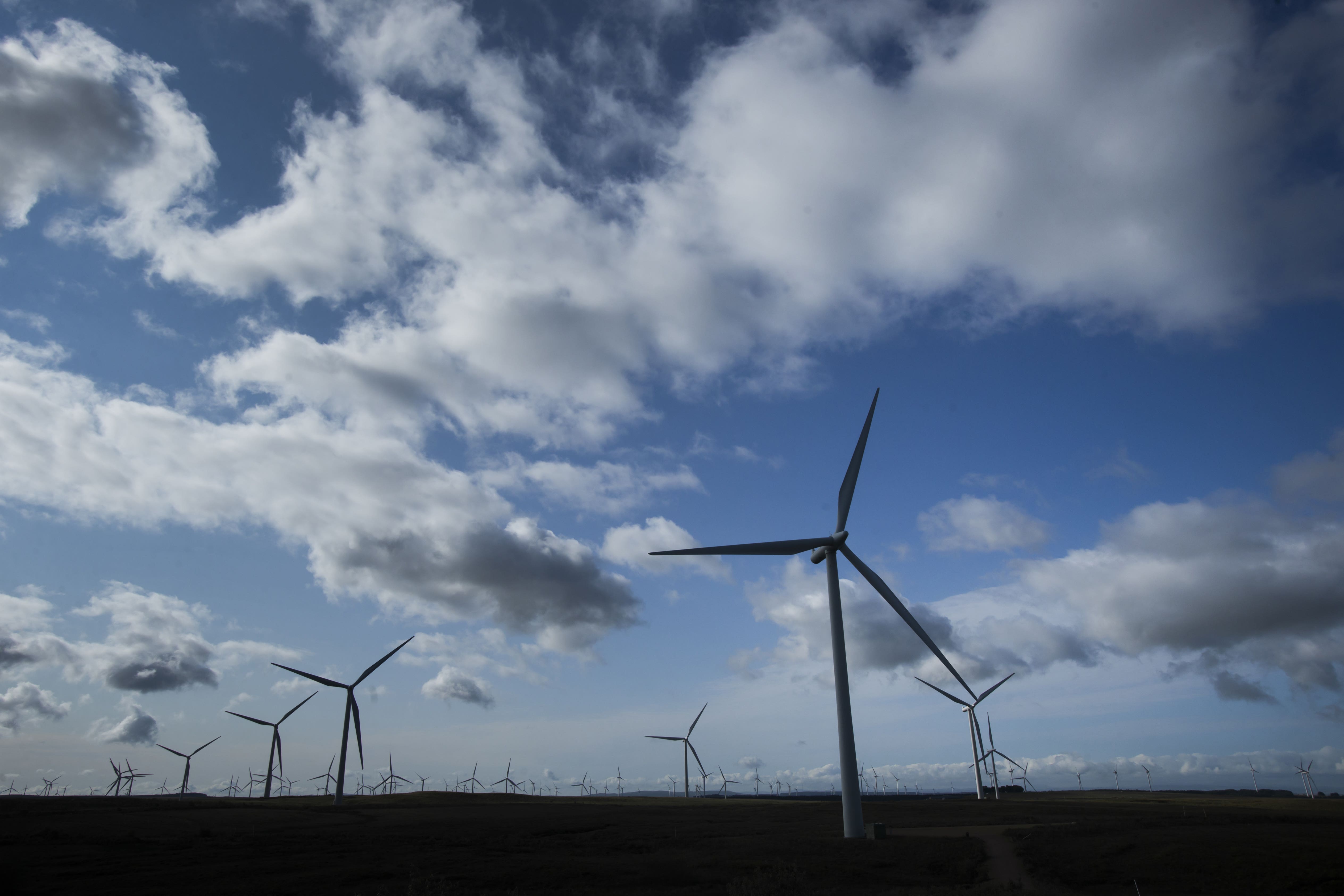Energy costs to remain high for ‘sustained period’, Good Energy boss warns
Good Energy chief Nigel Pocklington said homes and businesses should be encouraged to buffer themselves with increased use of renewables.

Your support helps us to tell the story
From reproductive rights to climate change to Big Tech, The Independent is on the ground when the story is developing. Whether it's investigating the financials of Elon Musk's pro-Trump PAC or producing our latest documentary, 'The A Word', which shines a light on the American women fighting for reproductive rights, we know how important it is to parse out the facts from the messaging.
At such a critical moment in US history, we need reporters on the ground. Your donation allows us to keep sending journalists to speak to both sides of the story.
The Independent is trusted by Americans across the entire political spectrum. And unlike many other quality news outlets, we choose not to lock Americans out of our reporting and analysis with paywalls. We believe quality journalism should be available to everyone, paid for by those who can afford it.
Your support makes all the difference.Energy costs are set to remain high for a “sustained period” and homes and businesses should be encouraged to buffer themselves with increased use of renewables, according to an energy boss.
Nigel Pocklington, chief executive of renewable energy supplier Good Energy, told Times Radio: “I think we should be encouraging homes and businesses to become more independent in their energy usage …. all of which will help buffer us from what will be, I think, a sustained period of high energy costs now.
“We focused a lot on the ups and downs of the wholesale market over the last six months but the fundamental truth here is that gas is in relatively short supply – it’s obviously hugely exacerbated by what’s going on in Russia – but we’re a gas-dependent country and we need to sort of square the circle there, and that is where renewables can play a big part.”
Asked about new Chancellor Jeremy Hunt’s announcement on Monday that the two-year energy price freeze will now only run for six months, Mr Pocklington noted that those who will not be eligible for targeted help “do need to be thinking once again about the fact that in current market conditions energy bills will go up very considerably from the level they are today.
“So it will be a problem for all and that makes an emphasis on energy efficiency and reducing demand, I think, all the more important now.”
He said a significant public information campaign around energy saving would be a “very sensible response”, adding: “Through this winter we’re going to be spending possibly up to £14 million an hour as a country buffering consumers from the high cost of energy, and the campaign that was put on hold was going to cost £15 million, so even in strained times for the public finances it looks like a very good return on investment.
“And at the moment we’re an outlier – we’re the only country in western Europe without some kind of national effort around energy efficiency and saving energy and I think that’s an omission.”
It was reported earlier this month that a £15 million information campaign urging the public to conserve energy backed by Jacob Rees-Mogg had been rejected by Downing Street on the grounds that the information was already available to the public.
Asked about windfall taxes on producers to help ease the burden on consumers, Mr Pocklington added: “I think windfall taxes on genuinely windfall profits are actually a fair way of raising revenue. We’ve already seen that the sort of profits energy producers are making really aren’t that much to do with their own quality of execution or investment decisions they’ve made. They are a function of very high global gas prices and therefore I think it’s a sensible way of ensuring overall financial stability for the country, frankly.”